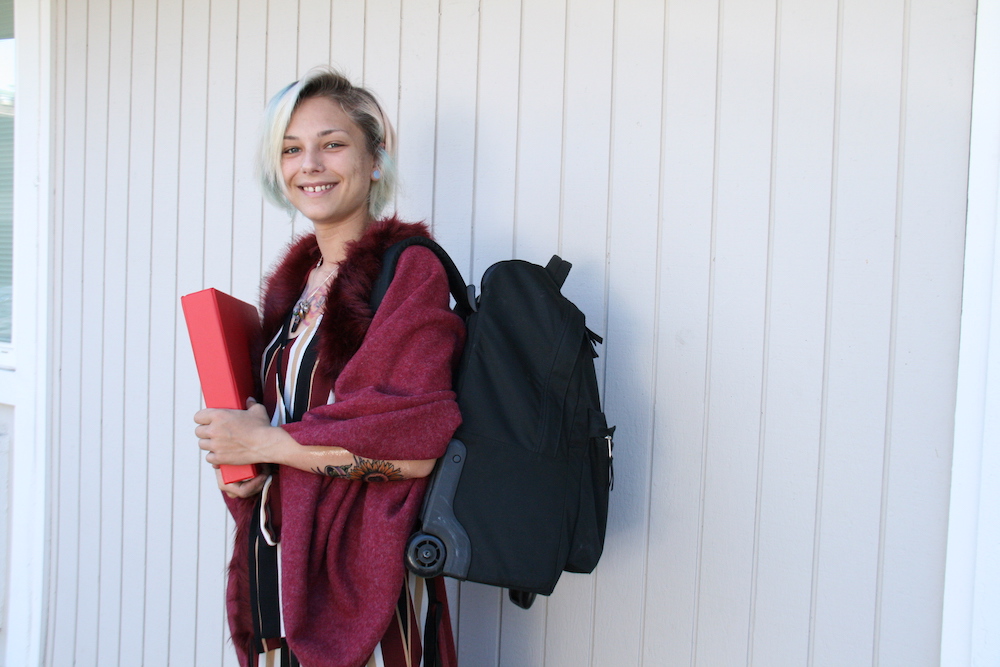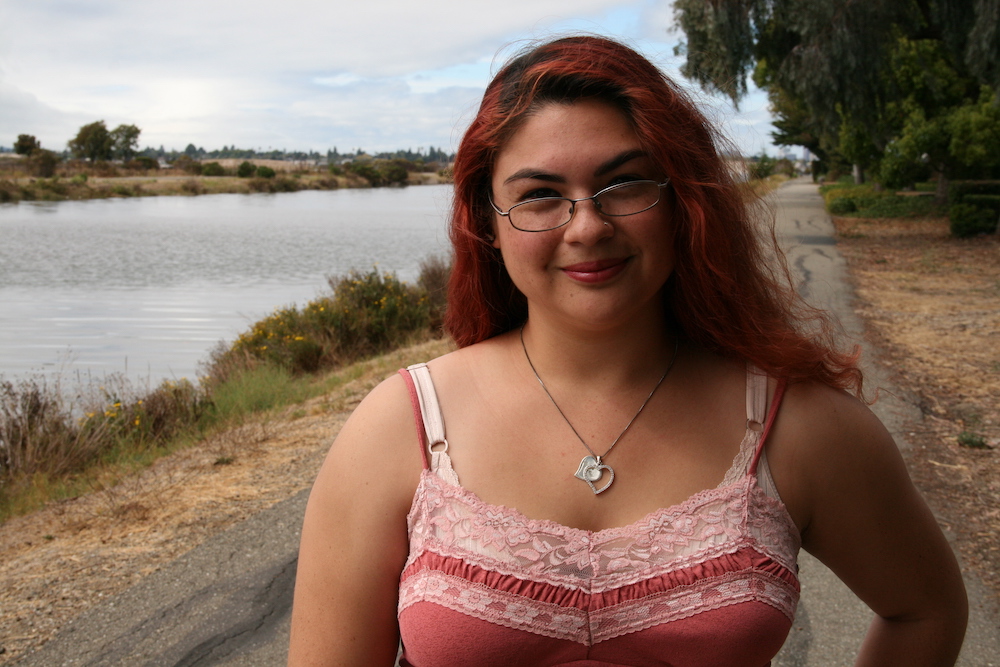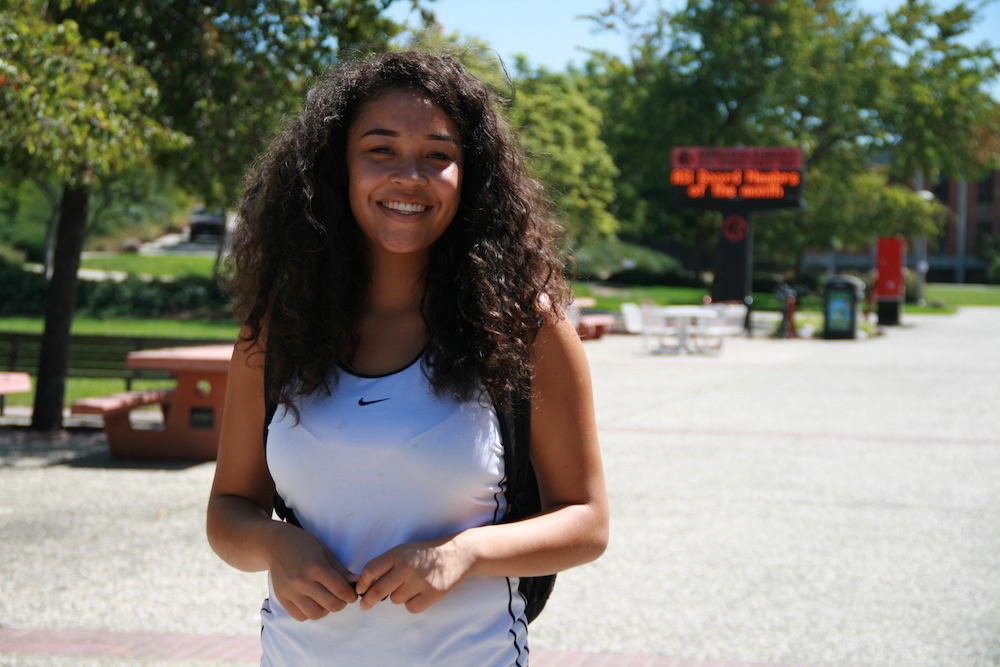Your Relationships
You have the right…
- To contact your family members, unless prohibited by court order, and your social workers, attorneys, foster youth advocates
and supporters, Court Appointed Special Advocates (CASAs), and probation officers. - To visit and contact your brothers and sisters, unless prohibited by court order.
- To have social contacts with people outside of the foster care system, including teachers, church members, mentors, and
your friends. - To keep in contact with members of your tribe and tribal community.
For more information about your rights to maintain your relationships with siblings:
http://advokids.org/legal-tools/sibling-placement-and-visitation/
Your
Home
Your
Body
Your
Belongings
Your
Relationships
Your
Privacy
Your
School
Your
Case
Your Plans for
the Future
Your Sexual Orientation,
Gender Identity & Expression (SOGIE)
Do you feel your rights as a foster youth have been violated?
Do you feel your rights as a foster youth have been violated? If so, you also have the right to contact the Community Care Licensing Division of the State Department of Social Services or the State Foster Care Ombudsperson regarding any violations of your rights. You can speak to representatives of these offices
To make a complaint with Community Care Licensing, email letusno@dss.ca.gov or call 1-844-538-8766. You can also visit the website at https://www.cdss.ca.gov/inforesources/CCLD-Complaint-Hotline.
To contact or make a complaint with the Foster Care Ombudsperson, email fosteryouthhelp@dss.ca.gov, call
Additional Links
High School Graduation
EBCLO’s Education Advocacy Program assists youth in achieving their high school completion goals. This page provides details about the program and resources.
Transitional Age Youth (TAY)
EBCLO works with many TAY, and we’ve compiled tips for young people who are participating in extended foster care or want to return to extended foster care.



